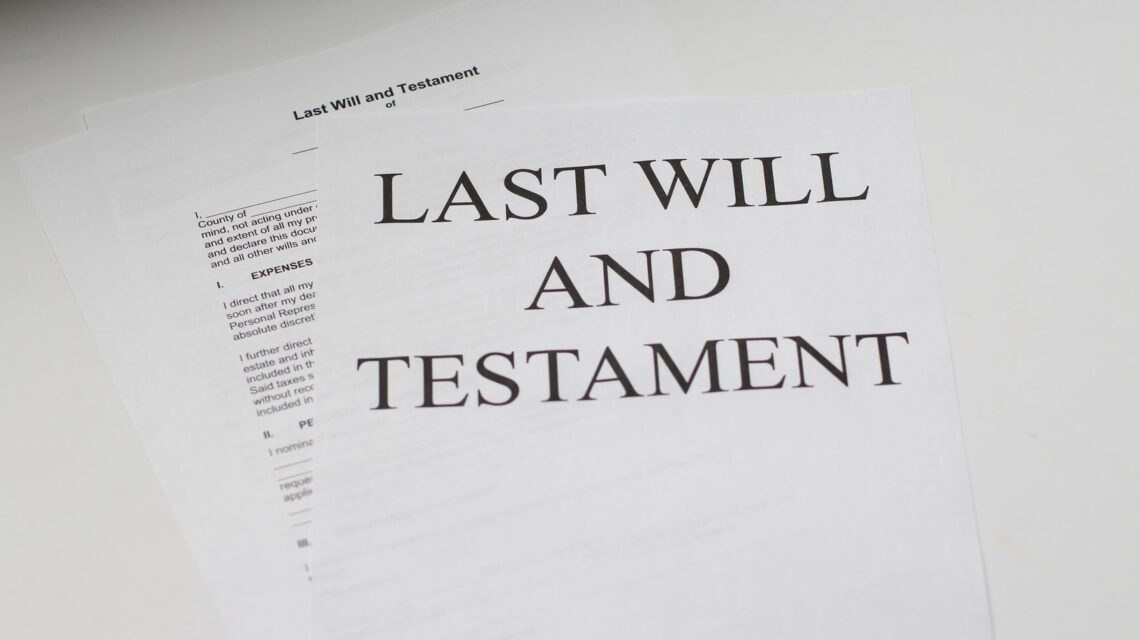When you create an estate plan, you plan out how you want your assets to be distributed after you die. However, what many people do not plan for in creating their estate plans is the possibility of someone challenging their will later on, for example, by arguing you lacked the testamentary capacity required to create a valid will. One option to discourage challenges to your will after you die is the inclusion of a “no contest clause,” also known as an “in terrorem clause” (translated from Latin to mean “so as to produce terror”). A no contest clause is a provision in a will stating that if a devisee challenges…
-
-
WHAT IS A WILL CAVEAT?
A will caveat is a special proceeding in which parties can challenge the validity of a document purporting to be the last will and testament of the decedent. The question to be answered is whether the purported will is valid. As a result, admissible evidence and potential remedies are limited to a determination of that question. Initiating Steps A caveat proceeding is initiated when an individual (the “decedent”) dies, leaving behind a document purporting to be his or her will. The purported will is submitted to the clerk of court to be probated. Any interested party – any party with a pecuniary or beneficiary interest in the decedent’s…
-
‘I Say a Little Prayer’ that Aretha Franklin’s children have ‘Respect’ and Are Not a ‘Chain of Fools’
American singer and songwriter Aretha Franklin passed away on August 16 at the age of 76 after battling advanced pancreatic cancer. In the days following her passing, her four sons filed documents with the Michigan Probate Court stating that Aretha passed without a will or trust, and claimed to be interested parties in her estate. Aretha’s niece, Sabrina Garrett Owens is the personal representative to administer the estate. When a person dies with a will, the probate court uses that and other documents (such as a trust), to guide them in determining the proper distribution of the deceased’s assets. However, when a person dies without a will, or “intestate,” their…
-
Changing Domicile: How Mental Capacity Factors In
Domicile is a relatively straight forward legal concept that combines the place where a person permanently resides with where he intends to remain. However, what happens when a person who has been adjudicated incompetent desires to permanently move. Can he possess the requisite intent to change his domicile in legal terms? The Georgia Court of Appeals recently took up this question in Estate of Milton Theophilus Pond, II. In the case, a probate court granted Milton Pond guardianship of his son, M.P., who was an adult man with autism. Since M.P.’s childhood, he lived with his mother,…
-
Four Legal Documents Dementia Patients Should Have in Place
A diagnosis of dementia, which includes Alzheimer’s disease and other memory loss and/or cognitive reasoning disorders, is potentially devastating for both the patient and their family. Following a dementia diagnosis, it is important to execute these four essential planning documents to avoid further hardship in the form of costly court battles. (1) Durable Power of Attorney – A durable power of attorney allows the diagnosed person (the “principal”) to appoint another person (the “power of attorney”) to act on the principal’s behalf if and when the principal becomes incapacitated. A power of attorney can have a wide range of authority and discretion, from paying bills to selling…


